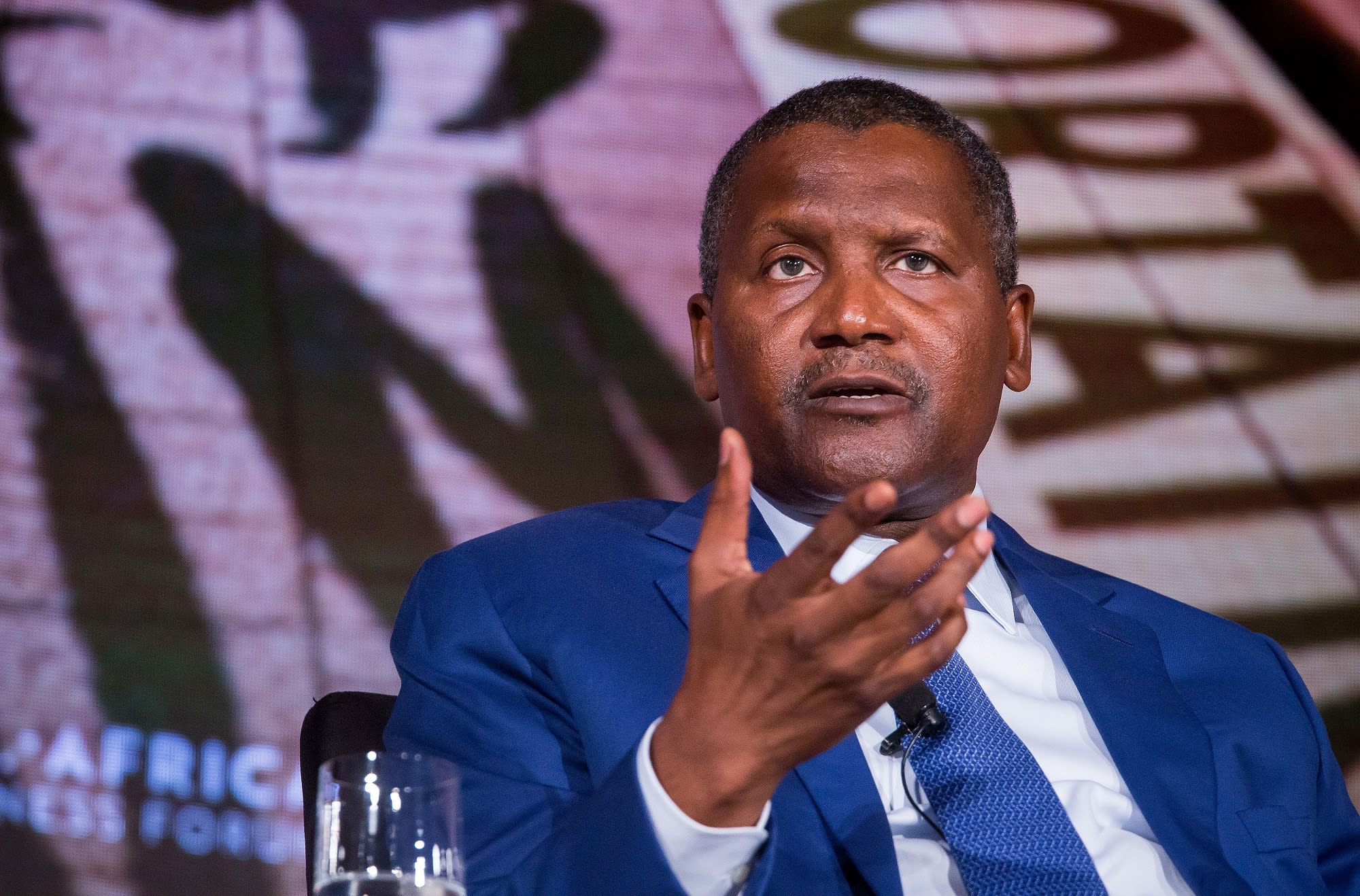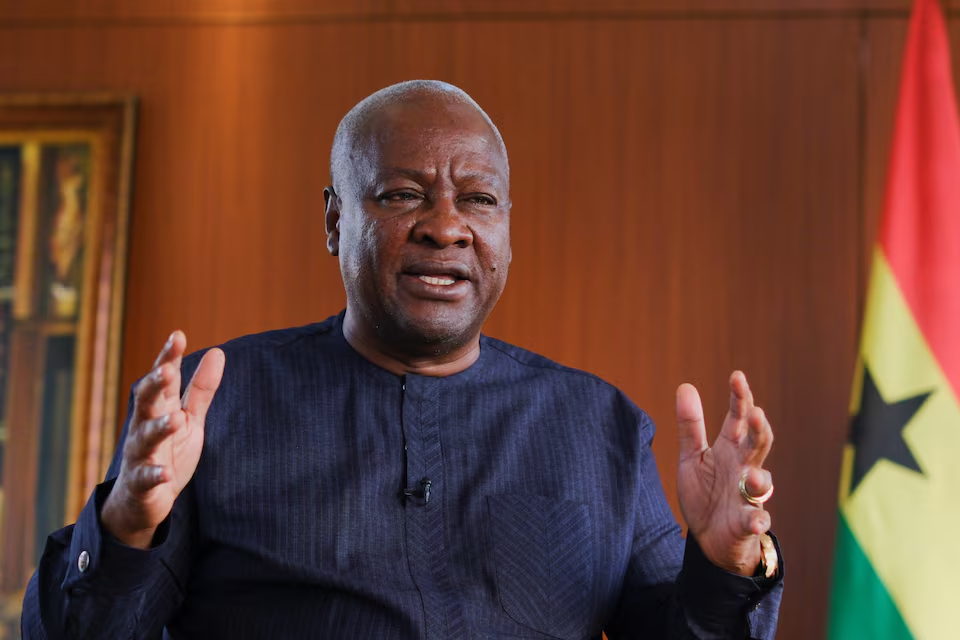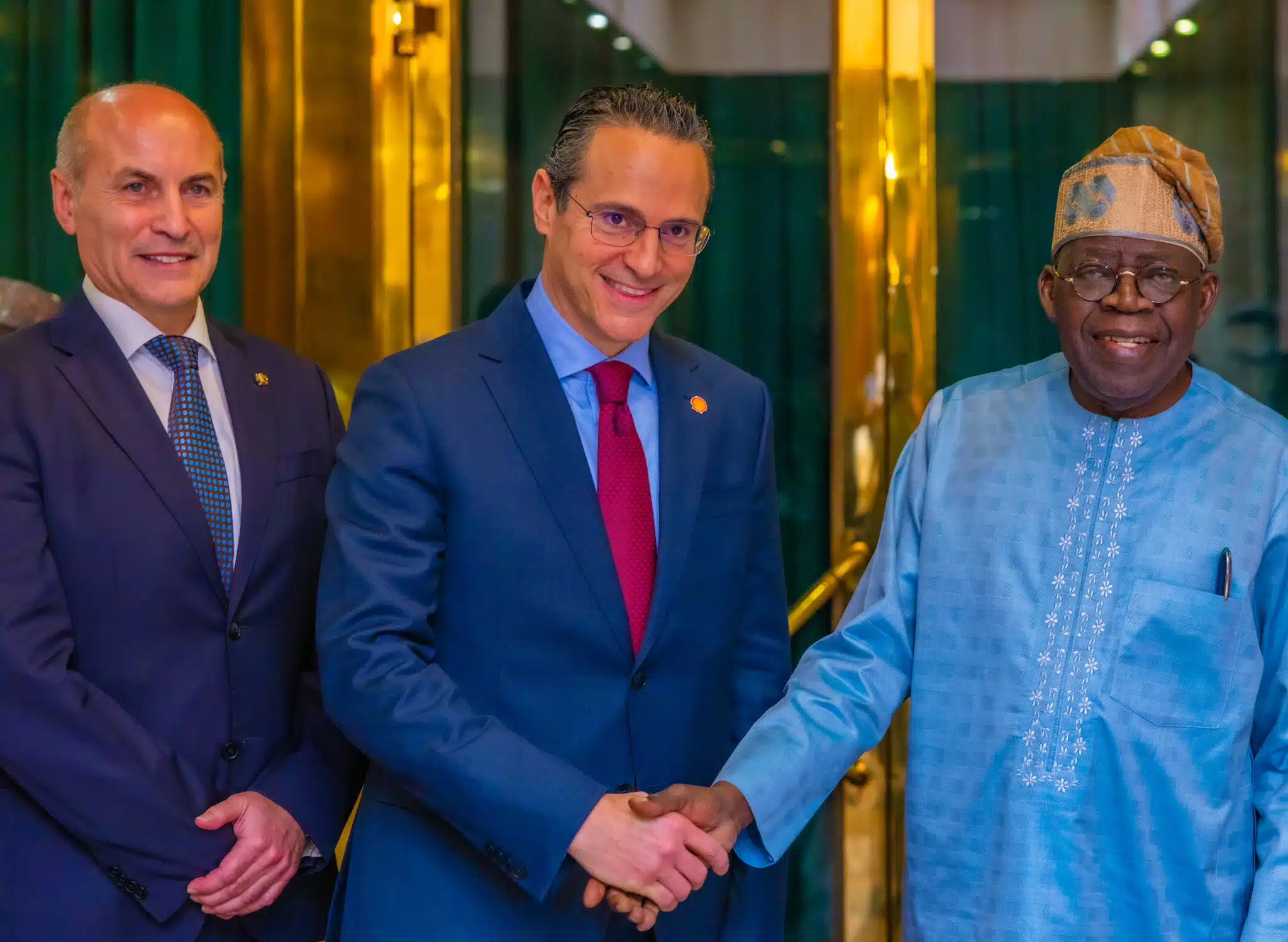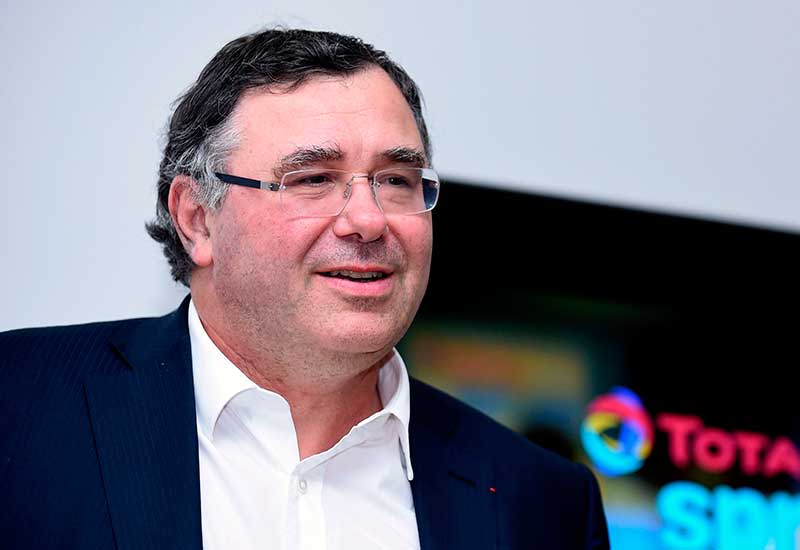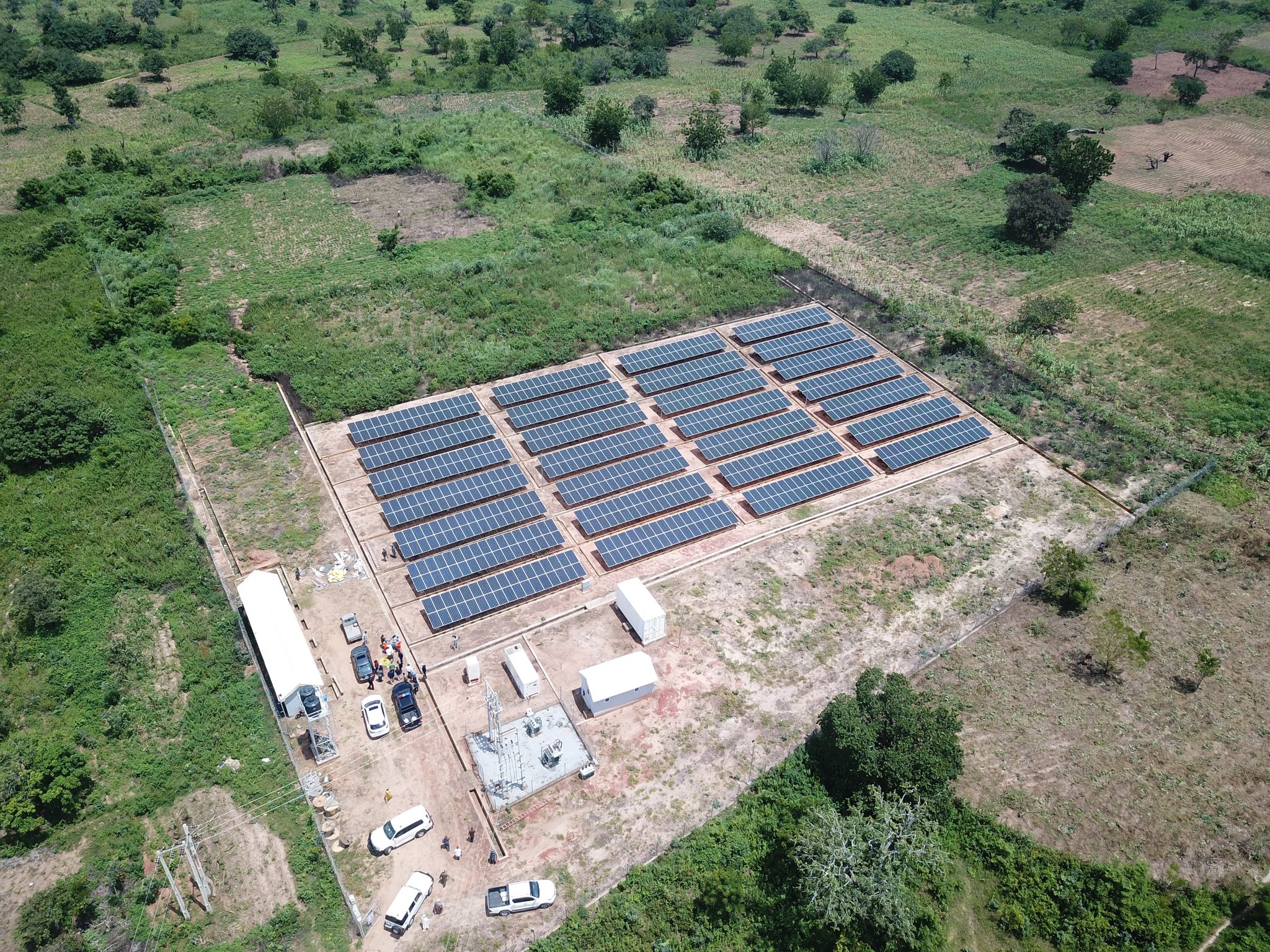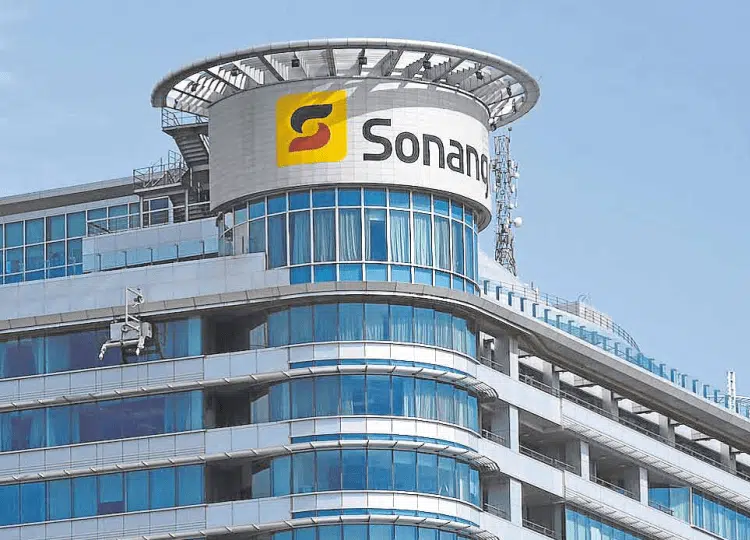The billionaire and founder Dangote Refinery, Aliko Dangote, is not a rookie when it comes to the complex and bewildering foray of Nigeria’s business landscape.
The veteran conglomerate mogul has been at the forefront of Nigeria’s business scene for at least four decades.
But nothing, according to the man himself, could have prepared him for the contradictions and chaos he is facing in the Nigeria’s oil and gas sector.
For one, Dangote, as a newbie in the petroleum industry, is attempting to disrupt a long age establishment whose survival and existence have been rooted heavily in the status quo and the conventional way of doing things.
Speaking to Bloomberg sometimes in May, Dangote said he probably wouldn’t have started the $20 billion refinery if he knew the opposition he would encounter from the onset.
“People think building a refinery is like building a house. But, as I always say, if I had known the scale of challenges we would face, I wouldn’t have started at all,” Dangote told a reporter.
Perhaps the billionaire is finding out more even as the petroleum union known as NUPENG (Nigeria Union of Petroleum and Natural Gas Workers) challenged his outsider’s status.
The labour group had demanded that Dangote workers join the union as part of his solidarity and responsibility to the industry.
This isn’t the first setback the refinery had faced since it began operations in the mid of 2023.
From disputes over licensing rights to the quality of products produced in the plant as well as an outright fued between Dangote and the national oil company, NNPC over pricing, it has been one chaos after another.
Nigeria’s oil sector is not foreign to these types of debacles with multiple vested interests racing to take the front role in Africa’s largest oil producing nation.
For Dangote, who is still perceives as an outlier, sidestepping these complexities may mean outright fights, compromise and even settling out of court, especially the recent one between the refinery and marketers.
What exactly is the concern of NUPENG?
NUPENG, according to the leadership of the union, believes it’s appropriate— if not required— for Dangote workers to join the group to look after their welfare, as well as put the company’s “monopolistic tendencies” in check.
However, a closer look at the union’s position indicates it goes beyond caring for Dangote’s workers’ welfare.
In a statement by the spokesperson of NUPENG obtained by Energy in Africa, the group accused Dangote and his cousin, Aliu Dantata, of attempting to dominate the distribution value chain of the downstream sector.
You see, Dangote had reportedly ordered the importation of 4,000 CNG-powered trucks to help distribute his products across the entire country to retailers.
For NUPENG, this is completely unacceptable.
The union vented its displeasure in a statement by its spokesperson.
According to the union body, they had met with Dangote and his cousin who owns a network of petrol station across the country known as MRS.
“At the meeting of 23rd June 2025, Alhaji Sayyu Aliu Dantata declared that he and Alhaji Aliko Dangote had resolved to have monopolistic control, not only of crude oil refining, but also distribution of the products.
“The planned importation of 10,000 CNG trucks is part of the plan for nationwide distribution,” NUPENG spokesperson, Afolabi Olawale, said in a statement.
Describing this move as a sabotage of the current business outfit of distribution value chain, NUPENG indeed has a point here.
Nigeria’s distribution market is still very infantile, with less than 30,000 trucks, mostly powered by petrol, on the roads of the country.
If Dangote brings in his own 4,000 or 10,000 trucks as alleged by the group, this will not only sabotage the business as usual model of the distribution network, it will also create an imbalance and distortion of unfairness to the old guard of the business.
In NUPENG’s words, Dangote was acting in bad faith.
“Alhaji Aliko Dangote has chosen to betray that trust by scheming to monopolise distribution, crush competition, and enslave the sector and raise prices, which would ultimately result in an attack on the living standards of the masses of ordinary Nigerians,” NUPENG added.
A nationwide protest and resolution
What followed was an industrial action with the union calling for a nationwide strike against Dangote.
This strike action meant that drivers of trucks, marketers and retailers are unable to distribute petrol or load from other outlets to the consumers.
Ironically, the only beneficiary here was Dangote refinery. But it seemed the union had reached a dead end. They needed the government to intervene.
Their outcry and predictions were accurate. The federal government, led by the labour ministry, called the leadership of Dangote and the union to a round table.
At first, the meeting met a gridlock, with Dangote insisting that his workers are not mandated by law to join any union.
He was right.
According to an oil and gas legal expert, who was consulted for this article, there is nowhere in the PIA where Dangote or any other privately owned oil company is required to join to any union or group to operate in the sector.
“The Petroleum Industry Act (PIA) of 2021 primarily addresses governance, regulatory architecture, fiscal regimes, environmental standards, and host community frameworks.
“It does not include any clauses limiting or addressing trade union membership. In fact, relevant precedents. like how employment termination guidelines (e.g., the SPDC v Min. of Petroleum case) continue to apply through transitional provisions of PIA, suggest that nothing in PIA supersedes or impairs labour rights affirmed elsewhere,” the lawyer, who plead anonymity, said in a statement.
But in a complex sector as Nigeria’s oil industry, being right isn’t the only thing that gets you what you want.
Even with laws such as the PIA behind his position, Dangote succumbed to the pressure the government and union.
In their own statement, they agreed to join the union and allowed for a more collaborative move between both parties.
The industrial action was called off.
A deal called off
Meanwhile, Dangote has never had his workers being part of any establishment union.
And the recent kowtowing only appears to be a lip-service to allow peace to reign.
Few days after the strike action was called off, the refinery management announced a new downward pricing for its products.
In addition, the refinery offered a “free delivery” clause to its petrol — another obvious blow to the marketers.
It also seems that the refinery’s position has changed completely since the nationwide strike was called off.
In a recent statement, Dangote said while his company does not oppose the call for its employees to join the union, it holds the ’constitutional’ position that joining a union is voluntary.
“Dangote Petroleum Refinery fully upholds the constitutional and international principle that trade union membership is a voluntary right. We neither interfere with nor restrict employees from associating with legally recognised trade unions.
“Assertions that drivers are compelled to waive union rights are categorically false.
The current industrial matter is an internal dispute with NUPENG, specifically involving its Petrol Tanker Drivers (PTD) unit.
“It is therefore misplaced to attribute responsibility to Dangote Petroleum Refinery for the personal choices made by drivers regarding union affiliation,” Dangote said.
This is indeed a swing away from the company’s earlier position of acquiescing to the initial demands of NUPENG.
The company will definitely face a backlash in the coming days, but for now, it remains unbowed despite pressure from the union.
But at what cost would that be? For one, the refinery still needs the collaboration and efforts of the sectors in order to succeed.
An interwoven sector like the oil and gas does not function in silos particularly not when you’re up against an establishment that has been around for a long time.
Dangote’s earlier feud with petrol importers which led to a court case might be a cautionary tale here.
The refinery earlier threatened that importers license be revoked in a N100 billion suit.
But that was not what happened.
After much deliberation and a countersuit from the other party, Dangote withdrew its case against the importers.
Aliko Dangote has often described himself as a fighter, fighting his way through the difficult climate of Nigeria businesses.
But he also seems to know when to call it off especially when on net it may not favour his bottom line.
Whether this new fued is something worth the pushback a shutdown of a nation’s downstream sector, Dangote will determine.
The move to reduce petrol price as well as offer a free logistics to those interested is a masterstroke.
But it’s most certainly that the union won’t cross its hands and watch Dangote in helpless manners.
What will transpire next is open for imagination.
For now, Dangote may seem unbowed, but what’s at stake is an industry on a precipice whose cost may be bigger than Dangote and the union itself.

